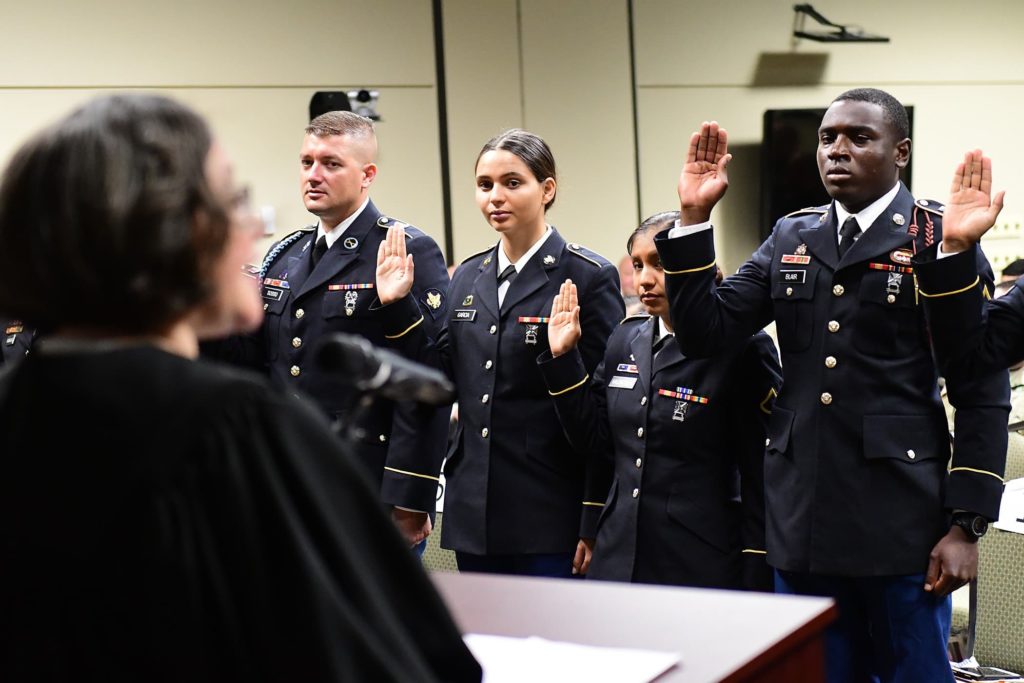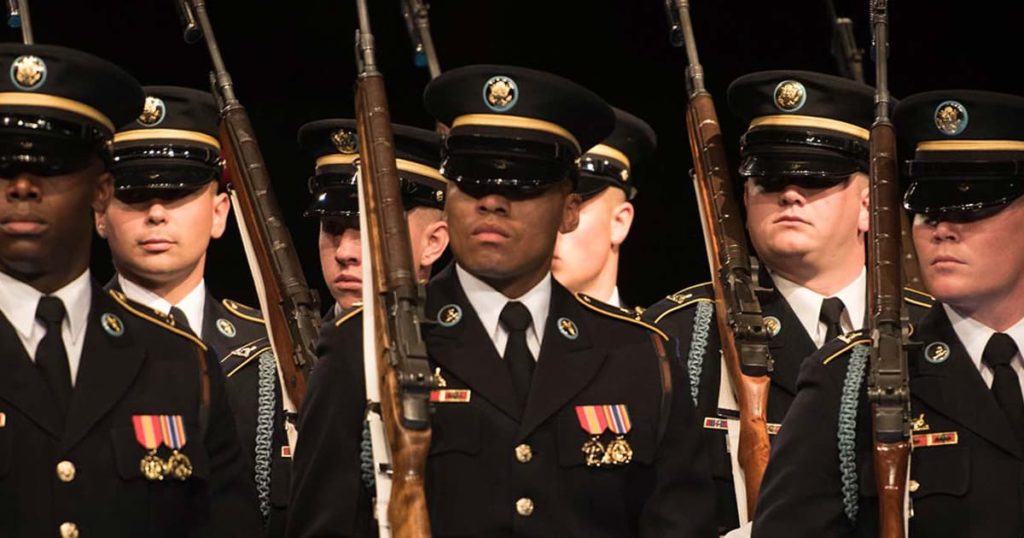The Department of the Army is one of the three military departments of the United States Department of Defense (DoD) and is responsible for the operations of the United States Army. It is headquartered at the Pentagon in Arlington, Virginia, and is led by the Secretary of the Army and the Chief of Staff of the Army. The Department of the Army is responsible for organizing, equipping, and training the United States Army, which is the largest branch of the United States Armed Forces. The Army is responsible for land-based military operations and is primarily focused on protecting the interests of the United States and its allies.
The Department of the Army is responsible for developing and implementing Army policies, programs, and plans. It is also responsible for the procurement of Army weapons and equipment, the maintenance of Army facilities, and the management of Army personnel. The Secretary of the Army is the senior civilian official within the Department of the Army and is responsible for the management and operation of the Army. The Chief of Staff of the Army is the senior military official within the Department of the Army and is responsible for the training and equipping of the Army and advising the Secretary of the Army on Army operations.
The Department of the Army has several subordinate organizations, including the United States Army Reserve, the United States Army National Guard, the United States Military Academy, and the United States Army Corps of Engineers. The United States Army Reserve is composed of soldiers who serve on a part-time basis and are available for mobilization in times of war or national emergency. The Army National Guard is composed of soldiers who serve on a part-time basis and are available for deployment by the governor of their state in times of domestic emergency.
The United States Military Academy, also known as West Point, is a four-year military academy in West Point, New York. It is responsible for the education and training of Army officers. The United States Army Corps of Engineers is responsible for developing and managing the nation’s water resources, including navigation, flood control, and environmental protection. It also provides support to military operations by constructing and maintaining military facilities and infrastructure.

Subordinate Organizations of the Department of the Army
The Department of the Army is composed of several subordinate organizations that carry out various functions and missions. Here are some of the major subordinate organizations:
- U.S. Army Forces Command (FORSCOM): FORSCOM is responsible for providing combat-ready troops to combatant commanders around the world. It trains and prepares soldiers and coordinates their deployment and sustainment.
- U.S. Army Training and Doctrine Command (TRADOC): TRADOC is responsible for developing, training, and educating soldiers and leaders to ensure they are ready to execute their missions. It establishes standards, develops doctrine, and designs and tests new equipment.
- U.S. Army Materiel Command (AMC): AMC is responsible for providing soldiers with the equipment and supplies they need to perform their missions. It manages the Army’s research and development, procurement, and logistics.
- U.S. Army Corps of Engineers (USACE): USACE provides engineering solutions to support the Army and the nation. It designs and constructs infrastructure projects, manages water resources, and provides disaster response and recovery support.
- U.S. Army Medical Command (MEDCOM): MEDCOM is responsible for providing medical support to soldiers, their families, and retirees. It operates hospitals, clinics, and research facilities and provides medical education and training.
- U.S. Army Intelligence and Security Command (INSCOM): INSCOM provides intelligence, security, and information operations support to the Army and other government agencies. It conducts intelligence collection and analysis, cyber operations, and counterintelligence activities.
- U.S. Army Special Operations Command (USASOC): USASOC trains and equips Army Special Forces, Rangers, and other specialized units. It conducts unconventional warfare, special reconnaissance, and direct action missions.

Components of the U.S. Army
- Regular Army: The Regular Army is the main component of the U.S. Army and consists of active-duty soldiers. These soldiers are full-time members of the Army and are responsible for carrying out domestically and abroad missions.
- Army National Guard: The Army National Guard is a reserve component of the U.S. Army that is made up of part-time soldiers who typically serve one weekend a month and two weeks a year. The National Guard is also called upon to respond to domestic emergencies and disasters like hurricanes or wildfires.
- Army Reserve: The Army Reserve is another reserve component of the U.S. Army comprising part-time soldiers. The Reserve is similar to the National Guard in terms of training and service requirements, but its primary focus is to provide additional support to the Regular Army during times of war or national emergency.
- Army ROTC: The Army Reserve Officer Training Corps (ROTC) is a college-based program that prepares students to become officers in the U.S. Army. ROTC offers scholarships and financial assistance to students who commit to serving in the Army after graduation.
- West Point: The United States Military Academy at West Point is a four-year college that prepares cadets to become officers in the U.S. Army. Graduates of West Point are commissioned as Second Lieutenants in the Army. They are required to serve a minimum of five years on active duty.
- Special Forces: Also known as the Green Berets, the Special Forces are highly trained and specialized unit that conducts various unconventional warfare operations, including direct action, special reconnaissance, and counterterrorism.
- Army Aviation: Army Aviation is responsible for providing air support to ground forces, including medical evacuation, troop transport, and reconnaissance.
- Military Intelligence: The Military Intelligence branch collects and analyzes intelligence to support Army operations. This includes gathering information on enemy forces, terrain, and other factors that could impact the success of a mission.
- Signal Corps: The Signal Corps is responsible for providing the Army with communication and information systems support. This includes everything from radios and computers to satellites and fiber-optic cables.
- Army Medical Corps: The Army Medical Corps is responsible for providing medical care to soldiers and their families. This includes everything from routine medical care to emergency surgery and trauma care.
